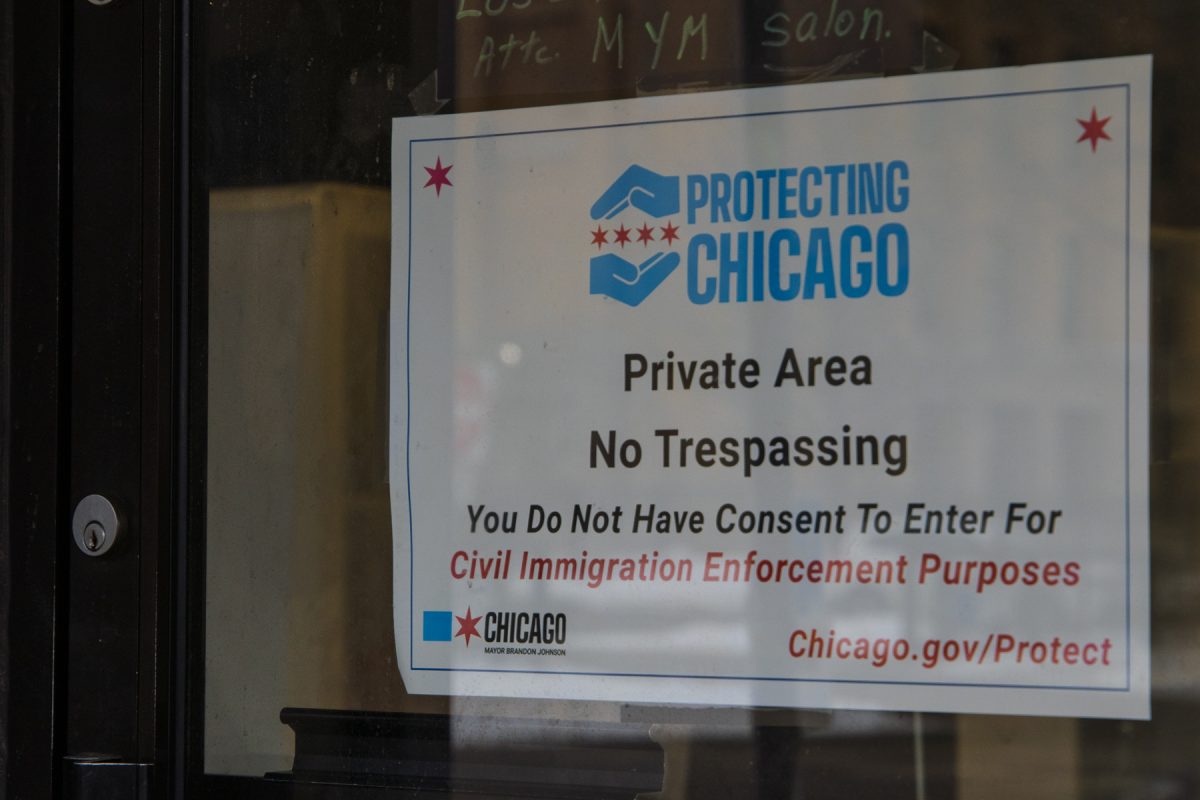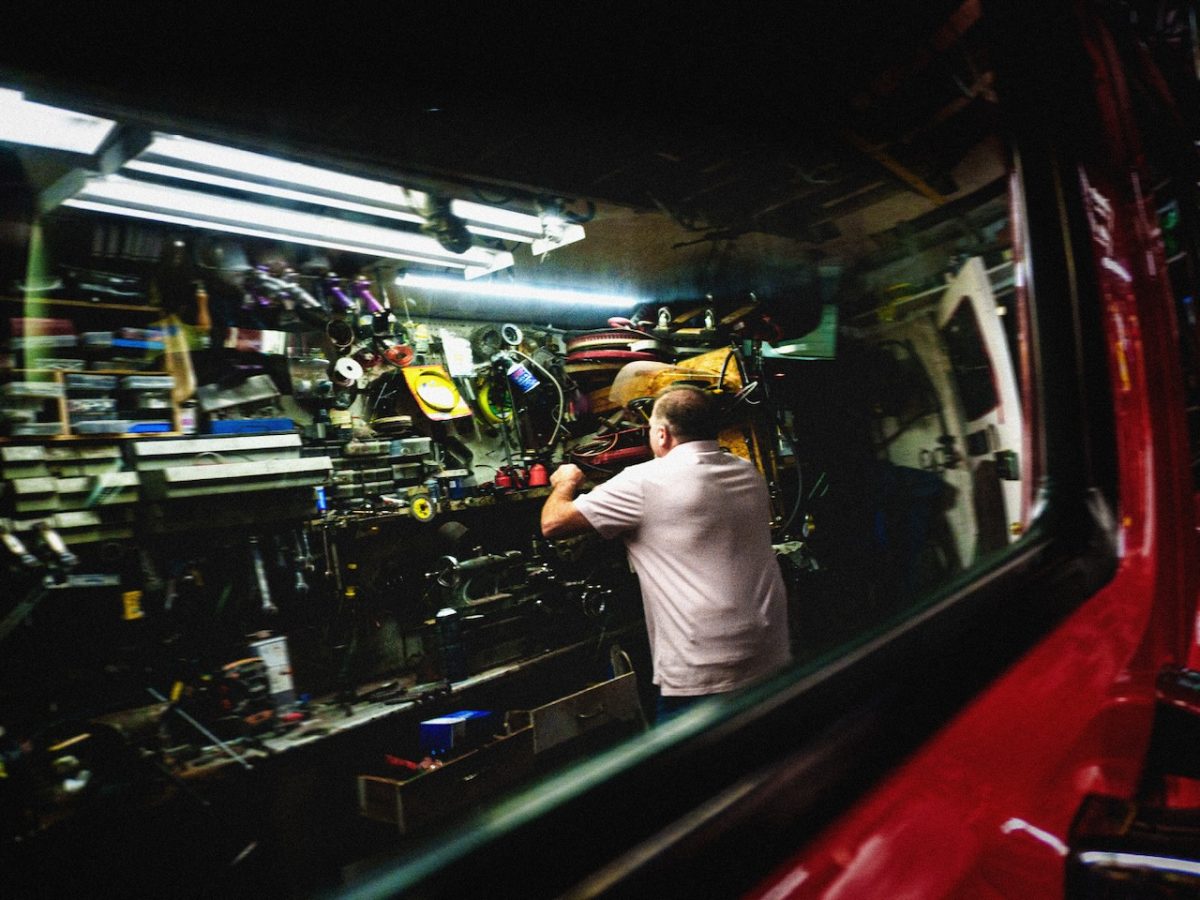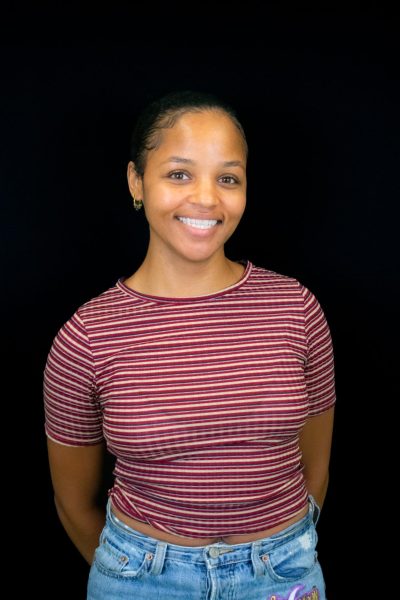“In an industry that too often overlooks and underfunds us the center stands as a powerful testament to what happens when we invest in our own stories,” said CEO of Sisters in Cinema, Yvonne Welbon, an award-winning filmmaker and producer. “We cannot take the space for granted, particularly in this current climate and institutions like this that put Black women, gender non-conforming media makers at the center are rare.”
The center at 2310 E 75th St has had over 1,275 visitors and supported 15 projects with over $626,208 in funding to Black women and gender non-conforming makers.
According to Ms. Foundation for Women, the philanthropy to women of color-led organizations represents only 0.5% of the $66.9 billion that foundations give annually. Of that $356 million about 4.2% was specified as benefiting Black women and girls. Currently, the mission related impact of the Sisters in Cinema Media Arts Center has allocated 96% of funding directly to Black women and gender non-conforming artists.
“We are here today because of the vision and generosity of those who believe in us and we will only be here next year and the year after that if we can continue to invest in ourselves and each other in the space.”
At an anniversary celebration on Saturday, March 15, filmmakers and film enthusiasts gathered for a full day of food, event and brief film screenings.
One screening and discussion, moderated by Sisters in Cinema documentary fellow Arlieta Hall, featured a conversation with multidisciplinary artist and director Gloria Rolando.
“Sara Gómez, the first Cuban, dark woman that made films in Cuba. She died when she was 31 years old in 1974 and I never met her, but she is part of the inspiration because of the way that she talked about the Cuban history at the beginning of the revolution, and because of the way that she talked about African religion and ancestors,” she said.
Rolando emphasized the importance of reconstructing African history through literature, poetry and dreams. She also highlighted Cuba’s role in the First World War and its reliance on Haitian labor.
“The history of African people, we are not an official history,” she said. “We need a reconstruction of our history, through memory, through the dream, through literature, through poetry; many resources are needed for the reconstruction of our history.”
Over 60 people were in attendance at the Sisters in Cinema Media Arts Center, including members of Black Film Club Chicago and senior program officer Lauren Pabst from the MacArthur Foundation.
Several volunteers were actively involved in the one year anniversary event including two Columbia students, junior film and television major Ella Garnes and junior film and television major Chaya Ross.
“The mission for Sisters in Cinema is to raise visibility and to support our communities here especially within the South Side of Chicago and just the Black community as a whole,” said Ross. “I think it’s important for us to be there for each other and also to shed light on our different stories and the different experiences we go through as Black people.”
Priscilla Hale, a nonprofit organization development consultant and Sisters in Cinema volunteer, attended the event and spoke about the growth of Sisters in Cinema since helping open and onboard Sisters in Cinema Media Arts Center.
“I’m a filmmaker myself, but anything Black and anything around gender queer, gender expansive women, I’m very drawn to this work because it fits within how I view the world.”
Recent Columbia graduate Ahsha Davis discussed her role as project and operations coordinator at Sisters in Cinema and detailing her responsibilities, including organizing events and managing the media arts center.
“I take ideas and visions and then put them into fruition,” said Davis. “Currently, I’m overseeing a project where we are learning about the history of the South Shore community, which is where sisters and cinema is located and I’ve been a part of the entire producing process of that, getting interviews, finding information, doing research.”
Davis, recently returned to Columbia for the “Breaking into Film Panel” on March 11 on the eighth floor of Film Row Cinema at 1104 S Wabash Ave. She encouraged aspiring filmmakers to persist and support Black organizations despite federal pushback against DEI initiatives.
“I’m not worried that we won’t be able to do the things we get to do, but I am worried that we won’t be able to have some of the opportunities, but I think we will create them for ourselves,” said Davis. “We will always find ways to make other people thrive and flourish and I am optimistic that other filmmakers will use that as a wake up call to say, ‘well, we want to put our foot forward to make sure that these voices are heard.’”
Copy edited by Manuel Nocera





